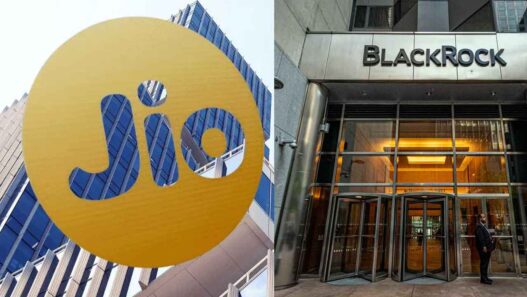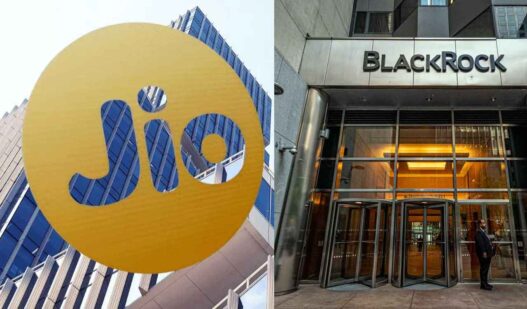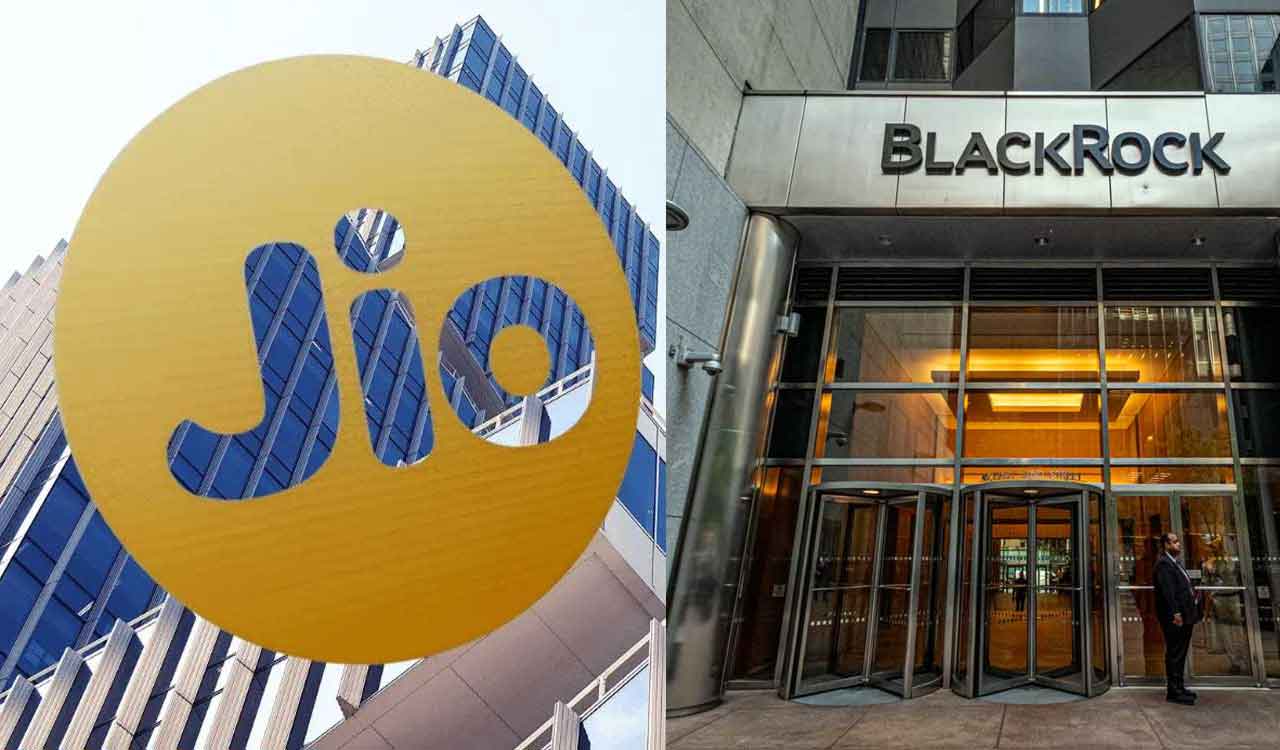The global asset management industry is undergoing a seismic shift, driven by technological innovation, cost reduction, and increased accessibility to premium investment opportunities. A prime example is the recent entry of Jio BlackRock Asset Management into India’s 72.2 trillion rupee ($844 billion) mutual fund market, as reported by Business Day on 8 July 2025. This joint venture between Jio Financial Services and BlackRock, the world’s largest asset manager at $11.6 trillion by December 2024, offers valuable insights for South African investors navigating an evolving financial landscape. By examining Jio BlackRock’s strategy—leveraging digital platforms, bypassing traditional distributors, and offering low-cost, accessible funds—we can identify trends that may reshape investment opportunities in South Africa.
Disrupting Distribution Costs
Jio BlackRock’s approach hinges on eliminating the cost of intermediaries by offering funds directly to investors through digital platforms like MyJio and Jio Finance, which serve 8 million active financial services users. This direct-to-consumer model reduces expense ratios, with Jio BlackRock’s funds costing less than the industry average of 1.78% for active funds, where distributors typically add 0.5% to 0.6% in fees. By leveraging Jio’s 475 million-subscriber telecom network, the firm delivers investment products at scale, bypassing traditional distribution channels.
For South African investors, this model highlights the potential for local asset managers to adopt digital-first strategies. South Africa’s high mobile penetration—over 90% of adults own a mobile phone—presents an opportunity to replicate this approach. Could firms like Allan Gray or Coronation partner with local fintech platforms to reduce costs and reach a broader audience? Lower fees could enhance returns, particularly for retail investors with smaller portfolios, making wealth creation more inclusive.
Democratizing Premium Investments
Jio BlackRock’s use of BlackRock’s Aladdin platform, an advanced investment and risk management system, introduces sophisticated analytics to India’s retail investors. Aladdin integrates real-time data, risk assessment, and portfolio management, enabling consistent returns across asset classes. By offering access to “relevant portions of Aladdin,” Jio BlackRock empowers retail investors with tools previously reserved for institutional clients.
In South Africa, where access to premium investment products is often limited to high-net-worth individuals, this trend suggests a shift toward inclusivity. Asset managers could leverage similar technologies to offer retail investors diversified portfolios, including passive funds that track indices like the JSE All Share Index. With passive funds growing 25% year-on-year in India, accounting for 16.78% of total assets by May 2025, South African investors may benefit from exploring low-cost exchange-traded funds (ETFs), index funds or alternative platforms like EasyEquities and www.ALTA-X.COM . How might local firms integrate AI-driven platforms to provide tailored investment insights, bridging the gap between institutional and retail investors?
Low-Cost Platforms and Accessibility
Jio BlackRock’s funds, with a minimum investment of 500 rupees ($5.83), have attracted 67,000 retail and 90 institutional investors, raising $2.1 billion across three debt schemes. This low entry point makes investing accessible to a wide demographic, aligning with Jio’s history of disrupting markets through affordability, as seen in its 2016 telecom launch. The firm’s mix of active and passive funds caters to diverse investor preferences, with passive funds gaining traction due to their lower costs and consistent performance.
South African investors, particularly those in underserved communities, could benefit from similar low-cost platforms. The country’s mutual fund penetration remains low outside urban centers, but fintech platforms like www.ALTA-X.COM and EasyEquities have shown success in offering fractional shares and low-minimum investments. Could South African asset managers introduce funds with entry points as low as R100 to attract first-time investors? By leveraging mobile apps and digital onboarding, firms could tap into the growing demand for accessible, transparent investment options, especially among younger investors.
Implications for South African Investors
The Jio BlackRock model underscores three global trends with direct relevance for South Africa:
Cost Reduction Through Digital Distribution: By bypassing intermediaries, asset managers can lower fees, enhancing returns for investors. South African firms should explore partnerships with digital platforms to reduce costs and expand reach.
Technology-Driven Investing: Platforms demonstrate the power of data analytics in delivering premium investment solutions. Local managers could adopt similar technologies to offer sophisticated yet accessible products.
Inclusivity Through Low Entry Points: Low-minimum investments broaden participation, aligning with South Africa’s need to deepen financial inclusion. Asset managers should prioritize affordable products to attract a diverse investor base.
As Jio BlackRock reshapes India’s funds sector, South African investors should evaluate how local asset managers respond to these trends. Engaging with low-cost platforms, exploring passive funds, and leveraging digital tools can enhance portfolio performance and accessibility. Before investing, consult scheme-related documents and financial advisors to align choices with your goals.
Source: Business Day, 8 July 2025, “Jio BlackRock set to shake up India’s funds sector”https://www.businesslive.co.za/bd/world/2025-07-08-jio-blackrock-set-to-shake-up-indias-funds-sector/















